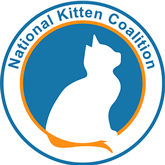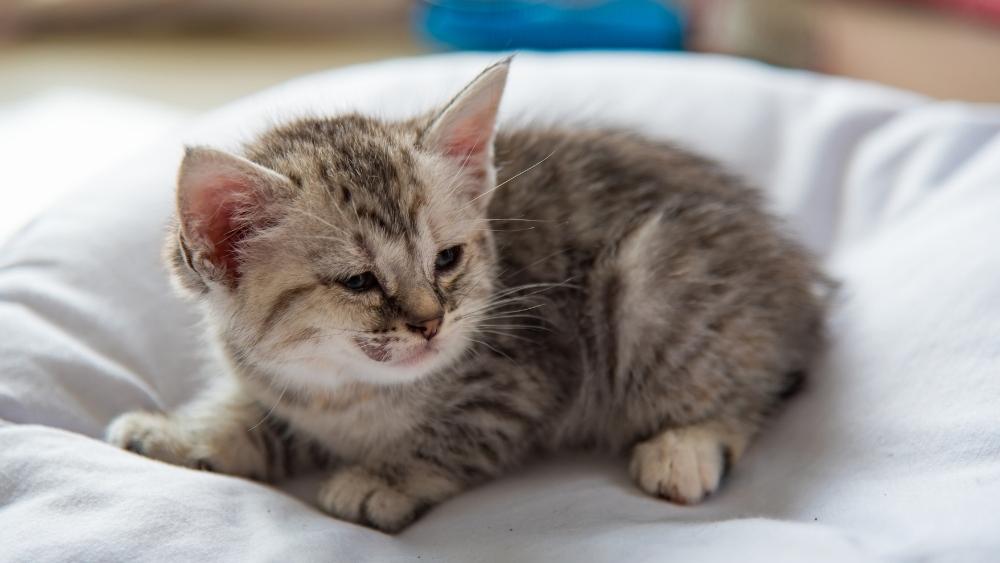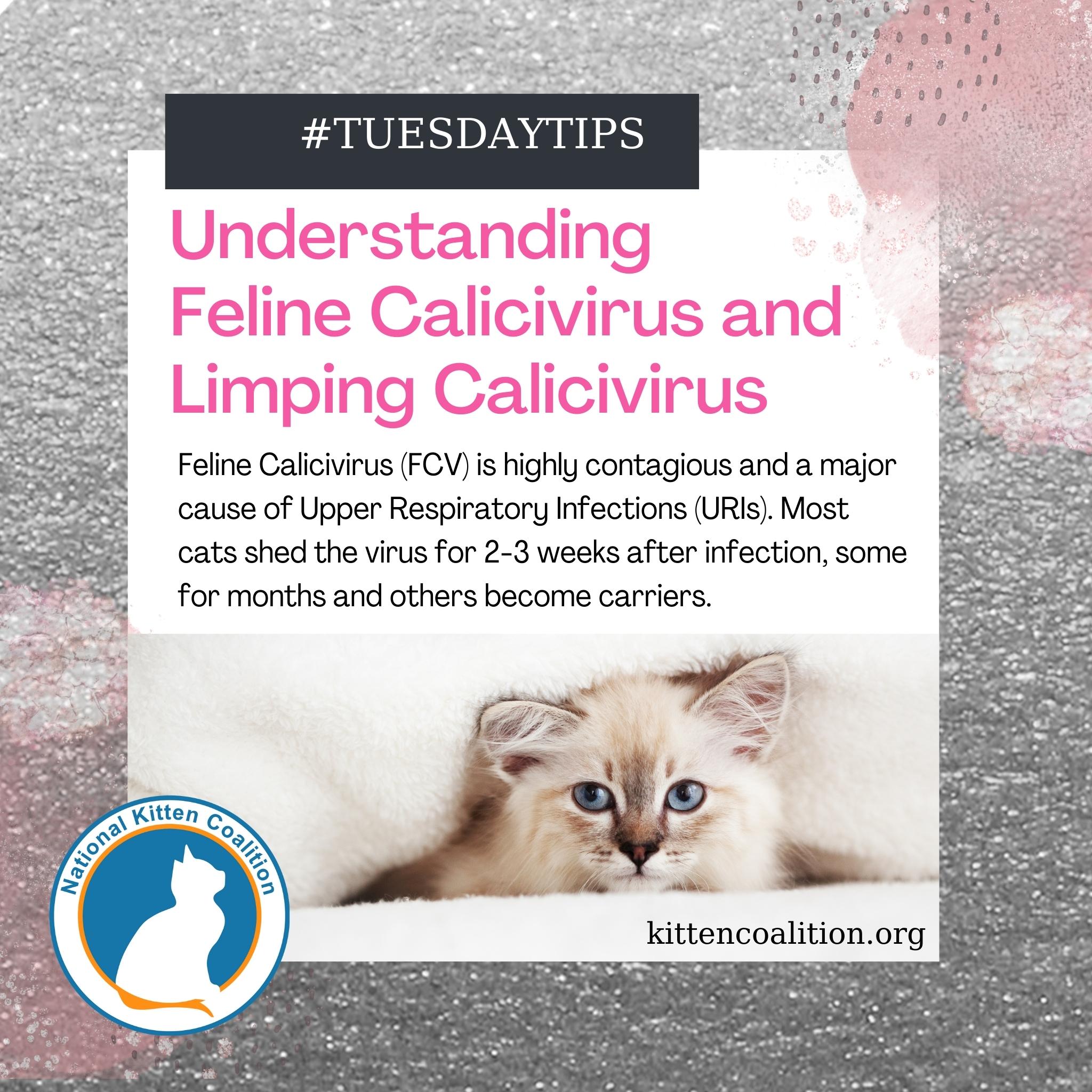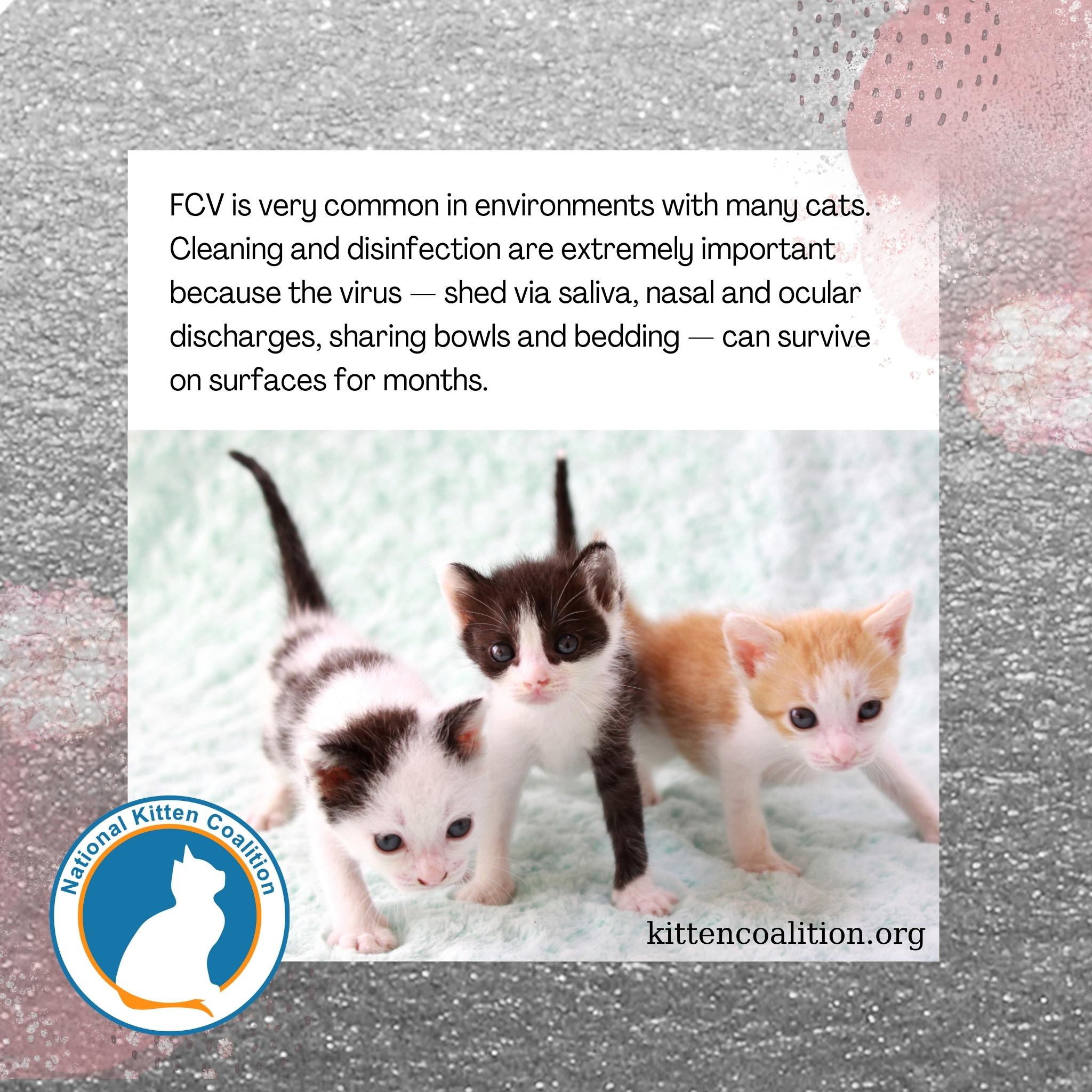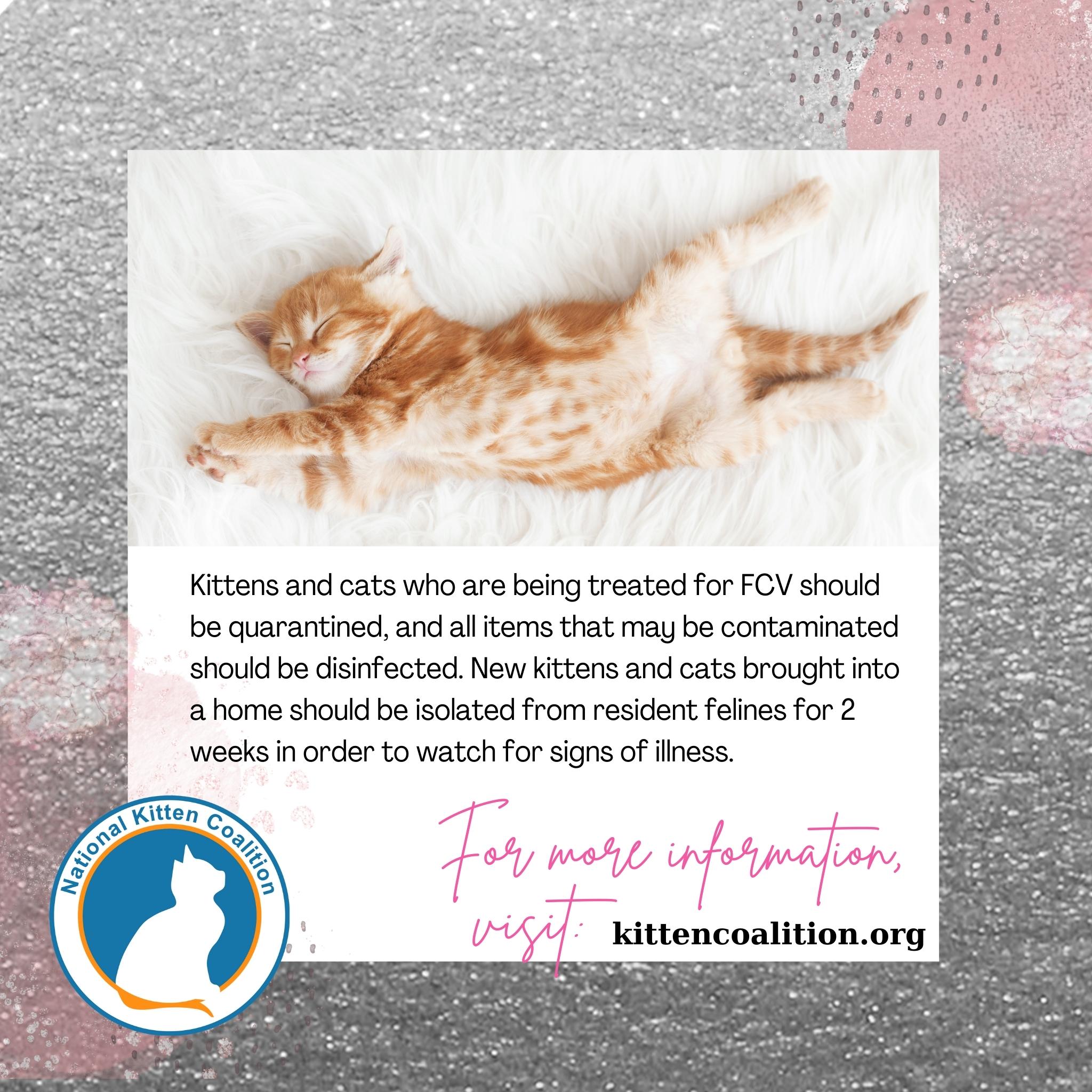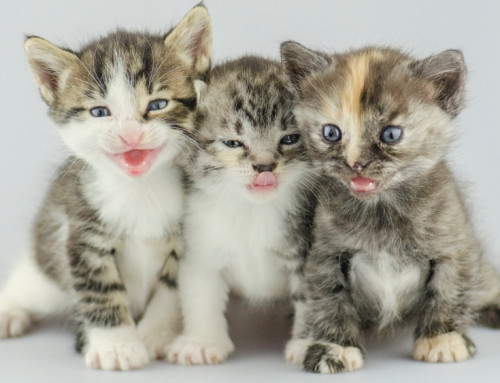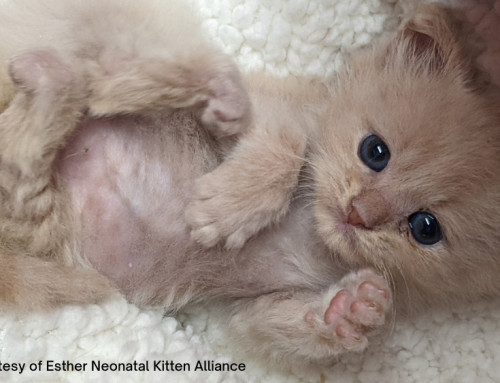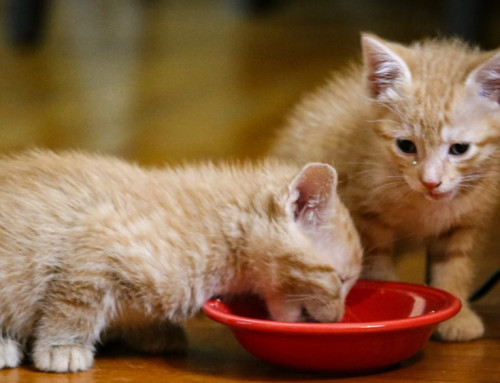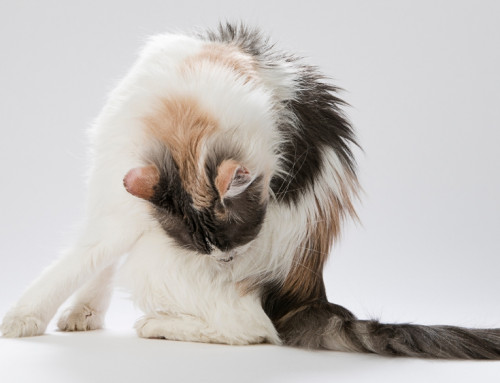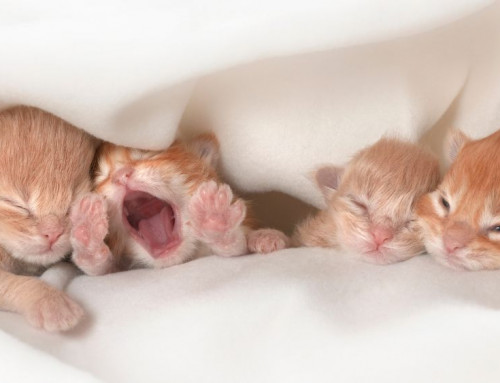Share this resource or email it to a friend!
Feline Calicivirus (FCV) is a major cause of Upper Respiratory Infections (URIs). It’s highly contagious and spreads through: direct contact with saliva and nasal and ocular discharges of an infected cat; aerosolized particles from sneezing; sharing bowls and bedding; and contact with people who handled an infected cat.
FCV is very common in animal shelters and other environments with many cats. Most cats suffering from FCV shed the virus for 2-3 weeks; some may shed the virus for months after infection or may become carriers. Cleaning and disinfection are extremely important because the virus can survive on surfaces for months.
General symptoms of URI include:
- Clear or colored discharge from the eyes or nose
- Swelling of the tissue around the eyes, known as conjunctivitis
- Sneezing
- Coughing
- Oral ulcers
- Fever, lethargy and/or anorexia (loss of appetite)
Symptoms of the regular form of FCV include:
- Oral ulcers
- Fever
- Limping
- Loss of appetite
- Weight loss
- Lethargy
- Miscarriage
Symptoms of the severe form (FCV-VSD), which can be fatal, include:
- Swelling of the face and limbs
- Very high fever
- Hepatitis
- Pancreatitis
- Liver damage and jaundice
- Bleeding from the nose and lining of the gastrointestinal tract
With regular FCV infection, young kittens may develop limping syndrome associated with or without respiratory symptoms. Limping syndrome is also occasionally associated with FCV vaccination. Sudden, transient, shifting lameness in some kittens and an almost complete reluctance to move in others is seen within 2-3 days of infection and accompanied by:
- Stiffness in the joint/s
- Pain in the joint/s on touch
- Increased sensitivity in the joint/s
- Fever
- Inappetence
That’s because the virus may localize in the synovial space of joint tissues where it causes an inflammatory reaction. Although viruses themselves can’t be treated, pain and anti-inflammatory medication, if approved by a veterinarian, and warm compresses on the joints can be helpful.
Fortunately, most affected kittens recover within 48-72 hours, but if symptoms are severe or persist for longer, kittens should be seen by a veterinarian to provide pain relief and rule out other potential causes of lameness.
Kittens and cats who are being treated for FCV should be quarantined, and all items that may be contaminated should be disinfected. New kittens and cats brought into a home should be isolated from resident felines for 2 weeks in order to watch for signs of illness.
The American Association of Feline Practitioners recommends that all kittens receive the FVRCP vaccination against Feline Panleukopenia, Feline Herpesvirus and Feline Calicivirus at 6-8 weeks of age with boosters every 2-3 weeks until 16 weeks of age. Adult cats should receive boosters every 3 years.
